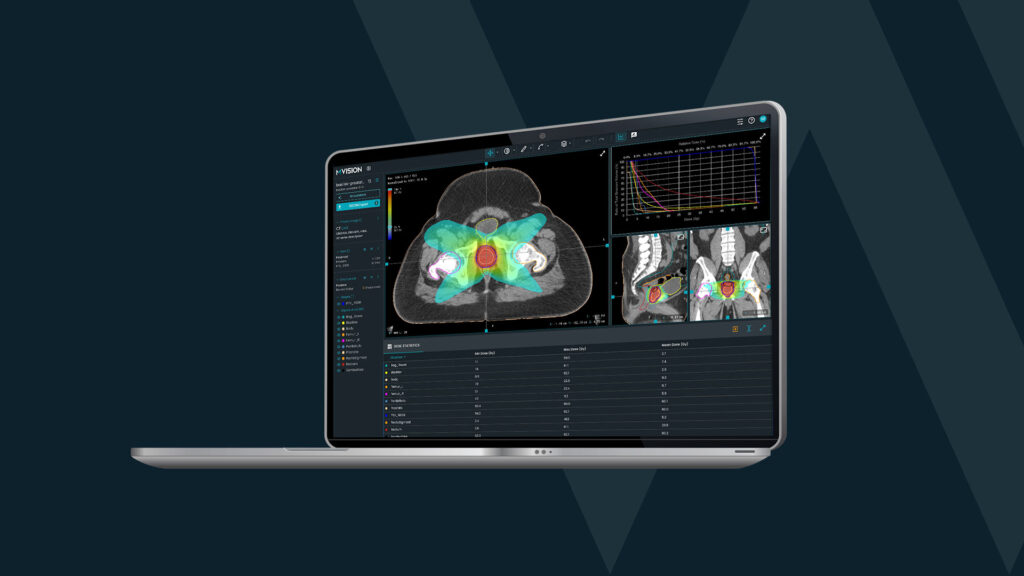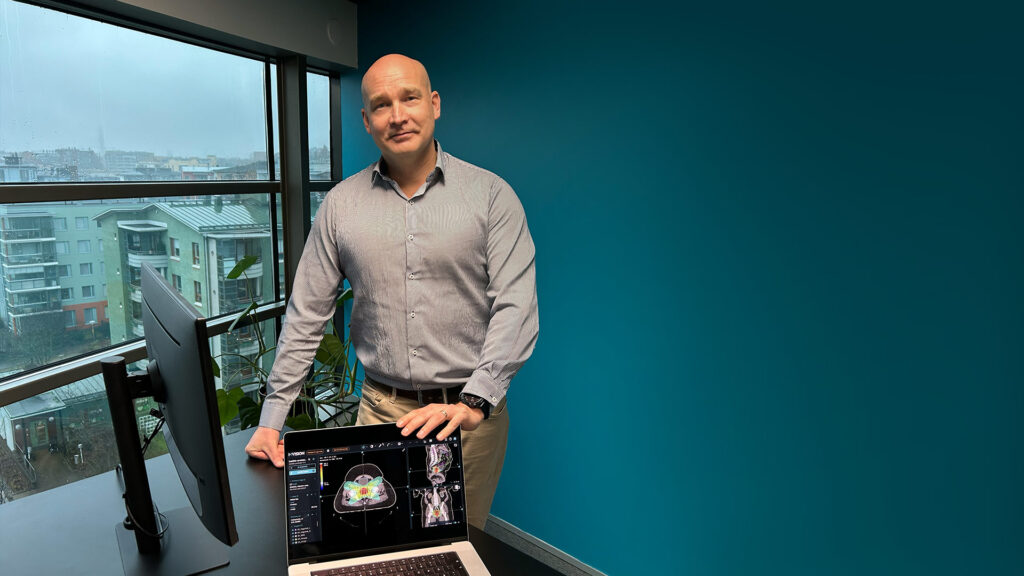One of the main characteristics of humans, compared to most other living creatures, is the ability of making tools. Progress has been linked to discoveries and the development of new devices. People have always tried to enhance their capabilities, and our days are not different.
But how do we perceive the novelties and their possible impact on our future? And what influences our perception and choices?
Sometimes we are making decisions on “auto-pilot” and sometimes we carefully take into account the possible benefits and disadvantages. However, it’s not only about the information that we have. We are influenced by our emotions, memories, and biases. Fortunately, our ability of critical thinking allows us to figure out where we lack knowledge, obtain the information, and use it for making informed decisions [1].
More sophisticated the tools, the more information to consider, but presumably a more considerable benefit.
The technology acceptance model, for example, suggests that when a new technology is presented, the users are influenced by the perceived usefulness and ease of use. Other variables such as social influence can be another factor to determine their attitude. Of course, the perception is different among different people and changes over time, for each of us [2].
Based on this theory, a group of Chinese researchers investigated the factors that would influence radiation oncologists’ acceptance of an AI-based automatic contouring tool.
Of the 307 participants in the study, more than 90% declared that they were planning to use the system within 1 year. A similar survey conducted in 2019 in the same country reported that 85% of the participating medical departments planned to try the AI-assisted contouring system – 10% of these departments were in the process of purchasing the system, and 46% had purchase plans. Interestingly, social influence and facilitating conditions seem to play a much more important role in AI adoption among Chinese radiation oncologists than performance expectancy. Social influence was described as “the degree to which an individual perceives the importance of how others believe that he or she should use new IT”, and the facilitating conditions as “the degree to which an individual believes that an organizational and technical infrastructure exists to support the use of the system” – briefly, “how others see it” and “if we are provided the means”. Effort expectancy and perceived risk were not significantly related to the intention of using the new technology [3].
The other two recently published articles are providing interesting data regarding the perception of physicians and other professional groups.
A survey that was addressed to fellows and trainees of ophthalmology, radiology/radiation oncology, and dermatology from Australia and New Zealand had a total of 632 participants. More than 70% of the respondents agreed or strongly agreed that the introduction of AI would improve their field of practice and 60% believed that AI will have a noticeable impact in the next 5 years. Interestingly, those that were already using AI considered that the impact would be sooner when their answers were compared to those who had no experience with AI-based tools [4].
On the other side of the globe, in Canada, similar questions were addressed to radiation/clinical oncologists, medical physicists, and radiation therapists. The perception of the AI implementation was a positive one, too. Almost 90% of the respondents considered that patients will benefit from it and 83% agreed that AI systems would be able to achieve above-average performance to identify organs at risk. More than half of the participants answered feeling “optimistic, enthusiastic, or a mix of both” about the forecast of AI [5].
We also have some data on the current situation regarding the implementation of AI-based solutions in radiotherapy.
A recently published survey on machine-learning applications in radiation oncology was promoted among the ESTRO physics group members and assessed the opinion of more than 250 physicists from 40 countries. Almost 40% of them acknowledged using AI software in their clinic, and one-third of the non-use group expected to have AI in the clinic within the next two years. Contouring was the largest application of AI, followed by automation of treatment planning, synthetic CT generation, and machine QA. Only about a quarter of the applications were homemade for those in use, and the percentage was even lower for those who were preparing to implement AI-based solutions [6].
The Royal College of Radiologists from the UK reported this year the results of a similar assessment of the clinical oncologists’ opinions. Forty-five percent of the respondents revealed that AI auto-contouring was being used clinically in their departments and 16% were planning to introduce it within the next year, while another 8% were using it exclusively for research [7].
Many respondents in the surveys considered that their knowledge in the field is insufficient, and they were interested in learning more. Education was seen as a priority, as well as recommendations for QA and data protection. It is worth mentioning that Radiation Oncologists were perceived to be the most positively impacted profession in the Canadian study and that none of the respondents from the UK survey felt that AI would replace their role.
With all the limitations of the data coming from this type of study, we may say that there is enthusiasm about AI in radiotherapy, and the percentage of users seems to be very high in many countries. On the Hype Cycle, representing the key phases of a technology’s life cycle, the plateau of productivity is reached when 20 to 30% of the potential audience has adopted the innovation [8].
Where do you think we are on this cycle? And what are your plans for the future?

“Gartner Hype Cycle” by Jeremykemp at English Wikipedia
References:
- https://www.psychologytoday.com/intl/basics/decision-making#:~:text=When%20making%20a%20decision%2C%20we,we%20cope%20with%20the%20consequences.
- https://en.wikipedia.org/wiki/Technology_acceptance_model
- Zhai, H., Yang, X., Xue, J., Lavender, C., Ye, T., Li, J. B., Xu, L., Lin, L., Cao, W., & Sun, Y. (2021). Radiation Oncologists’ Perceptions of Adopting an Artificial Intelligence-Assisted Contouring Technology: Model Development and Questionnaire Study. Journal of medical Internet research, 23(9), e27122. https://doi.org/10.2196/27122
- Scheetz J, Rothschild P, McGuinness M, et al. A survey of clinicians on the use of artificial intelligence in ophthalmology, dermatology, radiology and radiation oncology. Sci Rep. 2021;11(1):5193. Published 2021 Mar 4. doi:10.1038/s41598-021-84698-5
- Wong K, Gallant F, Szumacher E. Perceptions of Canadian radiation oncologists, radiation physicists, radiation therapists and radiation trainees about the impact of artificial intelligence in radiation oncology – national survey. J Med Imaging Radiat Sci. 2021;52(1):44-48. doi:10.1016/j.jmir.2020.11.013
- Brouwer CL, Dinkla AM, Vandewinckele L, et al. Machine learning applications in radiation oncology: Current use and needs to support clinical implementation. Phys Imaging Radiat Oncol. 2020;16:144-148. Published 2020 Nov 30. doi:10.1016/j.phro.2020.11.002
- Hindocha S, Zucker K, Jena R, et al. Artificial Intelligence for Radiotherapy Auto-Contouring: Current Use, Perceptions of and Barriers to Implementation [published online ahead of print, 2023 Jan 23]. Clin Oncol (R Coll Radiol). 2023;S0936-6555(23)00019-5. doi:10.1016/j.clon.2023.01.014
- https://en.wikipedia.org/wiki/Gartner_hype_cycle














